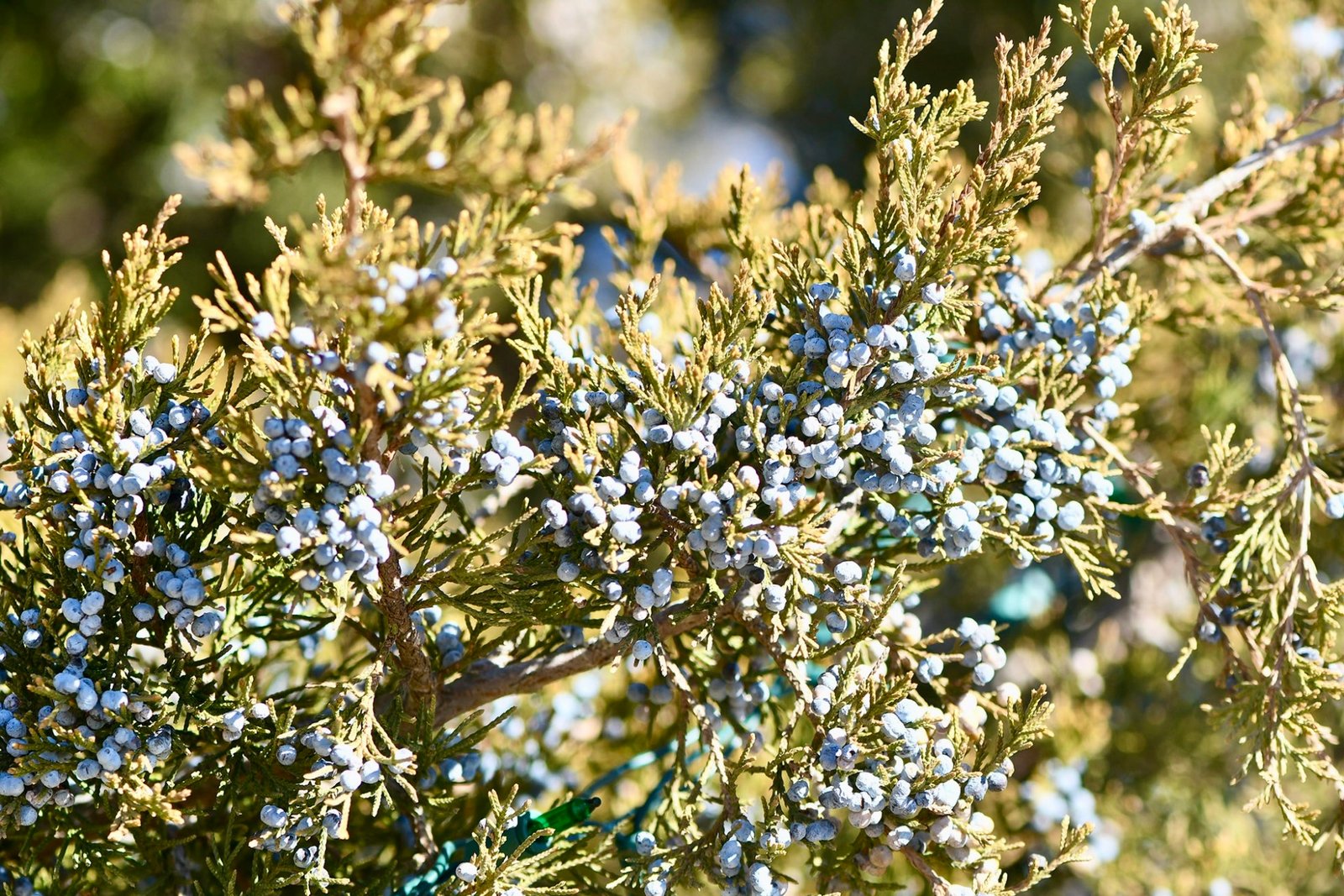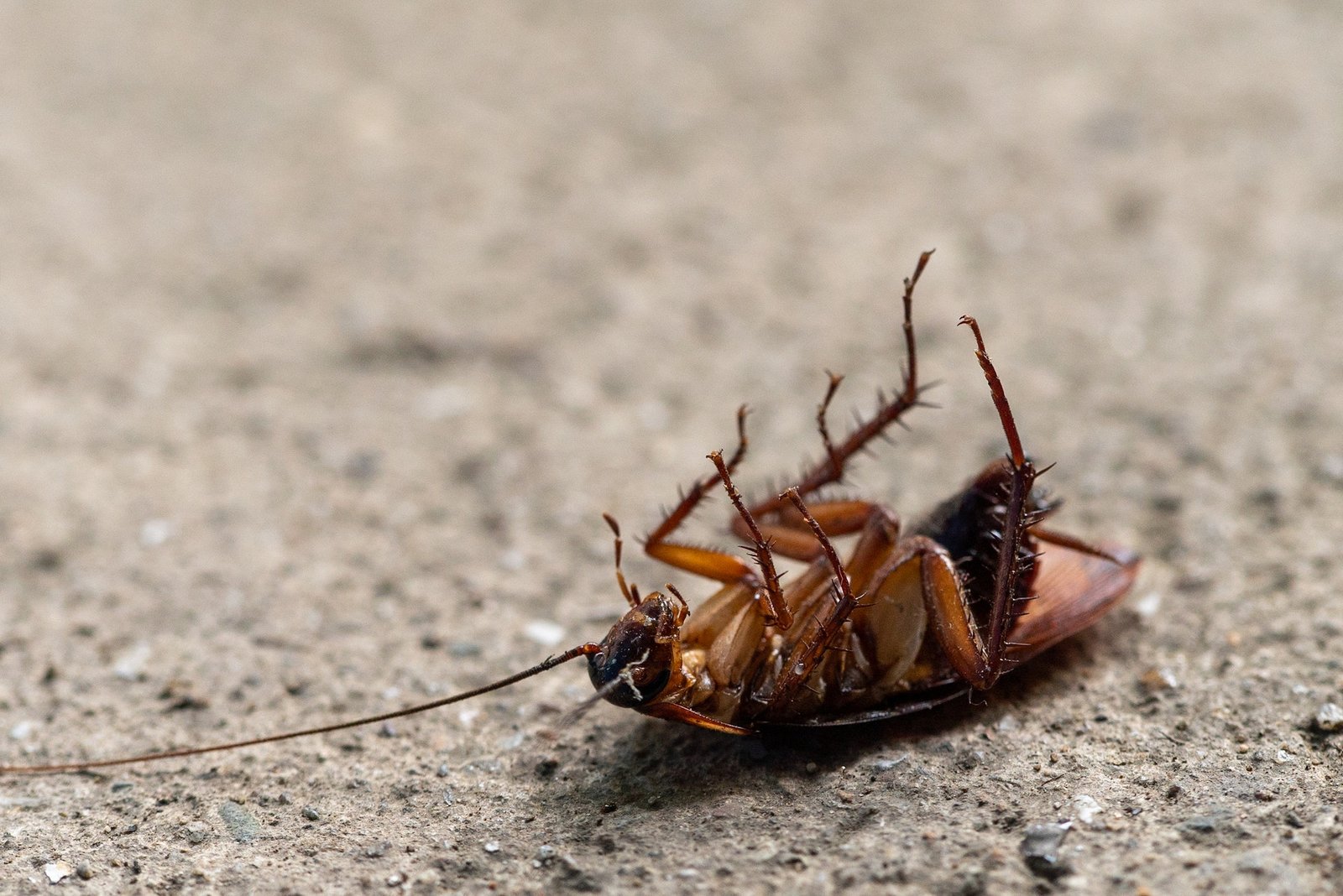Within the conversations around food insecurity in the United States, there is one group often ignored and left in the margins: incarcerated people. The men and women inside U.S. prisons have to deal with the realities of food scarcity and poor nutrition every day, without much support from the outside communities. It’s not surprising, therefore, that they’ve taken matters into their own hands.
In the past few years, the COVID pandemic has significantly impacted prisons, causing gross understaffing and supply shortages. As a result, contraband has spiked in the prison systems. The most surprising new entry? Seeds. Within prisons, fruit and vegetable seeds have become a popular contraband for people looking to change their diet. While harmless, seeds would nevertheless fall under the category of “nuisance contraband�?—stuff prisoners just can’t have. However, prison staff have been turning a blind eye and, in some circumstances, even encouraging this outlet for prisoners.
At Georgia’s Central State Prison, several men have revived the previously defunct greenhouse therapy program and begun to put their green thumbs to work. The greenhouses at Central State Prison had been in continuous operation since the 1980s, when a horticulturalist taught a daily gardening class. After his retirement in the early 1990s, the men in his class passed along their knowledge, and the small greenhouse was able to supply the prison kitchen with a free vegetable crop a few times a year. There might be a serving of corn on the cob, okra, string beans, potatos, cabbage, turnips and greens, as the season allows. It wasn’t enough to feed the more than 1,000 men on a regular basis, but it did add a change of menu from time to time, which was anticipated for weeks and remembered for weeks afterward. It was just a small morale boost in a place where such a small thing can mean much.
“A steady breakfast of grits, powdered eggs and biscuits is made memorable when a big slice of cantaloupe or honeydew melon suddenly appears on the tray,�? says Jimmy, (not his real name.) Jimmy has served nearly 32 years and was formerly the teaching assistant for the greenhouse program. He says the greenhouse closed down about a month after COVID lockdowns started, but it, and the flower gardens on site, used to be a point of pride for both prisoners and staff alike. The administration staff desks would be refreshed regularly with small bouquets fresh from the morning prunings. Over the years, Jimmy says, it became an overlooked transgression for staff members to bring seeds of their preferences—precedence that would come in handy later.
Then COVID struck. With the severe shortage of officers, there was no one to act as “supervisor�? of the men working in and around the greenhouses. Jimmy had worked in horticulture for years, is well known by upper administration and is considered a “trustee�? (a trustworthy prisoner with privileges and permission to roam). So, after a month of not working, he asked for and was allowed to pick a couple of others to go clean up the gardens around the greenhouse. “It seemed a waste to lose the coming harvest, just because important people far away were debating what to do in response to the pandemic,�? says Jimmy.
From that crack in the strict COVID lockdown order, Jimmy and the others restarted the fresh vegetable supply. They first weeded the gardens. Then, receiving permission to add a couple more men to work the gardens inside the compound, they applied compost. They discovered that ornamental vegetables blended in with the flower gardens were a win-win for both the plants and the flowers. The few staff remaining in the administration area understood the requests and brought seeds for winter crops of beets, radishes and ornamental edibles such as purple cabbages. Gardening was often a process of trial and error, helped on by handwritten notes and ancient copies of textbooks and magazines, passed between the gardeners.
“Jimmy taught me about composting and recycling different things separately for their mineral content,�? says Gus (not his real name.) “Banana peels provide potassium, which enhances flowers and seed counts on all plants. The burned-out fluorescent light bulbs we crush in a tub of water, which we stir and strain as we pour up the retained phosphate.�?
As they worked together, the gardening knowledge of the horticulture team grew. It was also a way for the prisoner-gardeners to produce a small trade income. Prison has its own economy, with a currency and exchange system. A single ramen soup sells for 48 cents, and a “prison dollar�? is generally two ramen soups. A single, decent-sized pepper can get a gardener anywhere between 2 and 4 prison dollars.
“Before I began working in the greenhouse, my whole life was about drugs,�? says Gus. “It kinda makes a difference in prison to have a reason to get out of bed. My plants need me, and my customers who buy my peppers, onions, cucumbers are depending on me to supply all that. It just feels good to be needed and to be helping folks eat something better than the slophouse serves.�?
The supply chain issues heavily impacted prisons when a lack of truck drivers meant that deliveries to prison food warehouses ran low. Unable to follow the documented menu, the kitchen served whatever they had. Grits for breakfast, peanut butter on white bread for lunch, rice and biscuits for dinner, repeated each day for months. If a delivery of beef-flavored soybean patties arrived, the prisoners ate soybean patties whole or cut up and blended with cans of chopped mixed vegetables and called it stew. It was determined that only half as many chicken quarters were required to serve a variety of chicken soup meals. Poured over rice, powdered potato or biscuit, it was still the same food being served in a different way.
The circumstances continued for months, eventually contributing to a riot in August of 2020. But slowly, fruits and vegetables began to reappear on plates, and they helped ease the tensions. Watermelon in July, plus salads with fresh lettuce and tomatoes. With each new addition, tempers calmed. A serving of broccoli, yellow squash, red beets, purple cabbage leaves; not enough to sate an appetite, but enough to break the monotony.
There is a natural connection between a surety of food and peace of mind. Studies show that prison diets are often lacking in nutrition, low in fruits and vegetables and high in salt, sugar and saturated fat. Prisoners at Georgia’s Central State Prison are demonstrating how food is not only key for satisfying appetites and nourishing bodies but also how powerful a force it can be for healing the mind.
!function(f,b,e,v,n,t,s)
{if(f.fbq)return;n=f.fbq=function(){n.callMethod?
n.callMethod.apply(n,arguments):n.queue.push(arguments)};
if(!f._fbq)f._fbq=n;n.push=n;n.loaded=!0;n.version=’2.0′;
n.queue=[];t=b.createElement(e);t.async=!0;
t.src=v;s=b.getElementsByTagName(e)[0];
s.parentNode.insertBefore(t,s)}(window, document,’script’,
‘https://connect.facebook.net/en_US/fbevents.js’);
fbq(‘init’, ‘264217957779476’);
fbq(‘track’, ‘PageView’);












